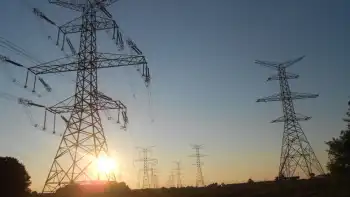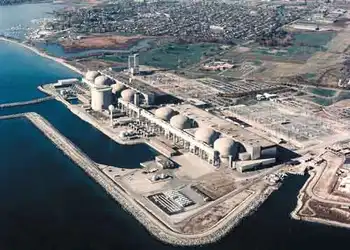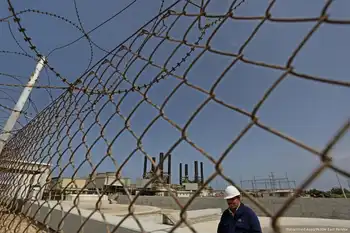Alstom Grid/Hydro-Québec sign license for new relay technology
- Following its Smart Grid Technology Innovation partnership, Alstom Grid and Hydro-Québec’s research institute, IREQ, recently signed a license agreement to commercialise a key product: the MiCOM P848 loss of synchronism relay RPS.
This cutting-edge technology is designed to detect electrical network instabilities, such as over-voltages and transmission line overloads, providing rapid protection. The technology ensures fast remedial action in 170 ms. When used in a Smart Grid environment with increasingly interconnected grids and electricity provided from various sources, the relay helps to mitigate frequency instability.
“IREQ is pleased to collaborate with partners like Alstom Grid to develop technologies aimed at improving protection systems for the high-voltage transmission grid, thereby contributing to the quality of electricity service offered to Hydro-Québec's customers,” said Élie Saheb, Executive Vice President – Technology at Hydro-Québec.
“Alstom is delighted to have developed this new product with Hydro-Québec, which will improve grid transmission capacity and ensure a steady power supply to customers,” said Hervé Amossé, Vice President of Substation Automation Solutions, Alstom Grid. “Having previously collaborated on similar technologies, such as the P846 open line detector, Alstom and Hydro-Québec have built a core suite of products to protect power flow over long transmission corridors and to improve the security of Hydro-Québec TransÉnergie’s transmission grid.”
Signed in 2012, the Smart Grid Technology Innovation Partnership aims to jointly advance innovative technologies that can be commercialised, with new solutions tested and validated at Hydro-Québec’s research institute.
The partnership explores fields such as Wide Area Monitoring, Protection and Control Systems WAMPACS, which compare data from across a power grid to assess, monitor and assure its stability. All solutions are designed to meet the electrical transmission needs of Hydro-Québec, yet can be applied to other systems worldwide.
Related News

California's solar energy gains go up in wildfire smoke
LOS ANGELES - Smoke from California’s unprecedented wildfires was so bad that it cut a significant chunk of solar power production in the state. Solar power generation dropped off by nearly a third in early September as wildfires darkened the skies with smoke, according to the US Energy Information Administration.
Those fires create thick smoke, laden with particles that block sunlight both when they’re in the air and when they settle onto solar panels. In the first two weeks of September, soot and smoke caused solar-powered electricity generation to fall 30 percent compared to the July average, according to the California…




